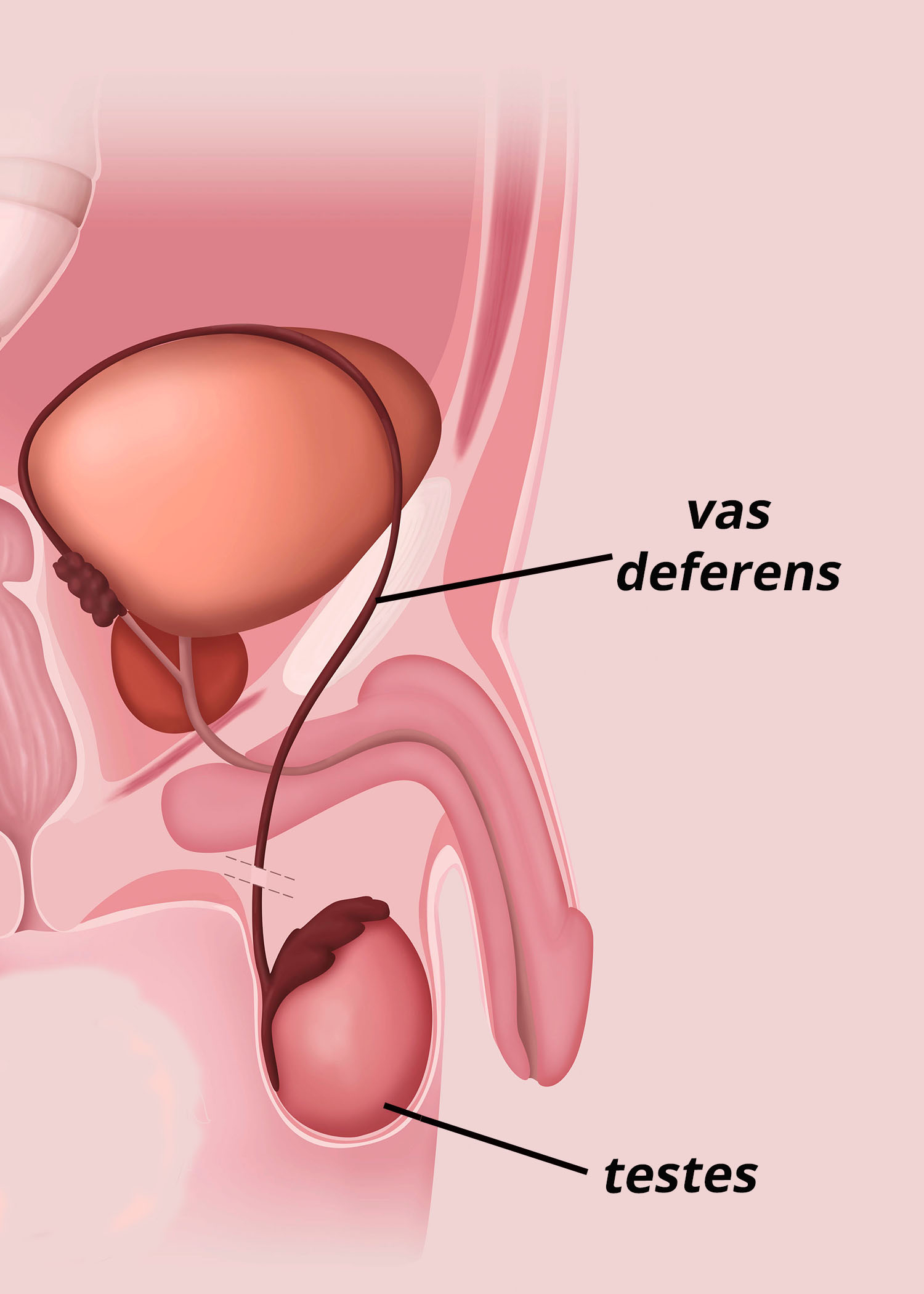Vasectomy is a commonly chosen method of permanent contraception for individuals and couples looking to prevent future pregnancies.

It is considered highly effective, but like any medical procedure, it is not without its risks. While the failure rate of vasectomy is generally low, there are several factors that can contribute to its failure.
In this article, we will explore ten reasons why vasectomy might fail you, shedding light on potential risks and highlighting the importance of understanding these possibilities.
By being aware of these factors, individuals can make informed decisions and take appropriate measures to ensure the success of their contraception choice.
- Incorrect surgical technique: If the surgeon fails to perform the vasectomy correctly or does not adequately cut and seal the vas deferens, the procedure may not be effective.
- Recanalization: In some cases, the cut ends of the vas deferens may reconnect or new channels can form, allowing sperm to pass through and potentially cause pregnancy.
- Delayed clearance of sperm: After a vasectomy, it can take some time for any remaining sperm to be cleared from the reproductive system. If a man does not follow up with the recommended post-vasectomy sperm tests, he may not be aware that he is still fertile.
- Incomplete post-vasectomy abstinence: It is crucial to abstain from sexual activity or use alternative contraception until a post-vasectomy semen analysis confirms the absence of sperm. If a man engages in sexual intercourse too soon, pregnancy can occur.
- Failure to use backup contraception: Even after a successful vasectomy, it takes time and multiple ejaculations to clear any remaining sperm from the reproductive system. If a man does not use backup contraception during this period, there is still a risk of pregnancy.
- Spontaneous reconnection: In rare cases, the vas deferens may spontaneously reconnect, allowing sperm to pass through and potentially cause pregnancy.
- Surgical complications: Like any surgical procedure, vasectomy carries a risk of complications. In rare instances, these complications can interfere with the effectiveness of the vasectomy, such as excessive bleeding or infection.
- Failure to follow up: Regular follow-up visits after a vasectomy are important to monitor the success of the procedure. If a man fails to attend these appointments, potential issues may go unnoticed.
- Anatomical variations: Some men may have anatomical variations, such as additional channels or alternate pathways for sperm, which can make vasectomy less effective.
- Rare medical conditions: Certain medical conditions, such as congenital absence of the vas deferens or certain genetic disorders, can impact the effectiveness of vasectomy.
It is important to note that while vasectomy is generally a reliable form of contraception, no method is 100% foolproof, and there is always a small chance of failure. If pregnancy occurs after a vasectomy, it is essential to consult with a healthcare professional to determine the cause and explore appropriate options.














